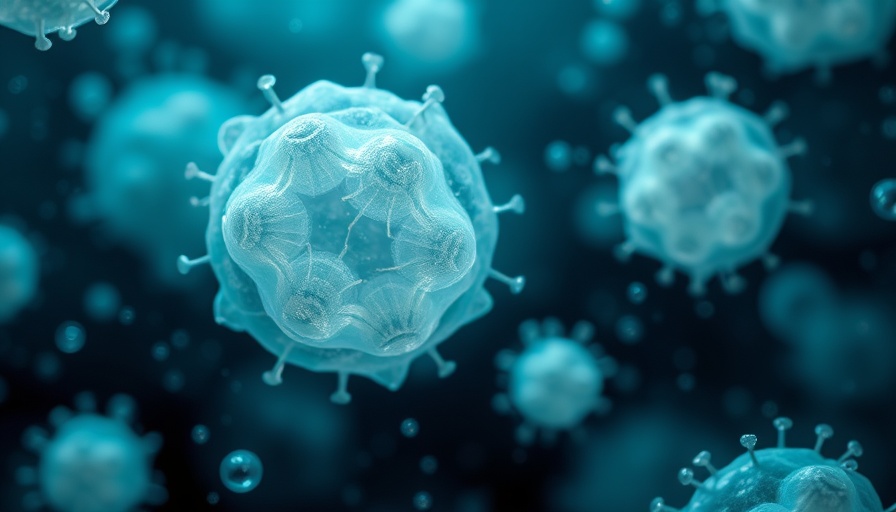
Diving Into the Future of Health: The Role of Intestinal Organoids
Inflammatory bowel disease (IBD) poses significant challenges to global health, affecting millions with conditions like Crohn’s disease and ulcerative colitis. This multifaceted disease not only disrupts digestive processes but is also linked to severe complications, including increased risk of colorectal cancer. Traditional models to study IBD have frequently fallen short, primarily because they do not adequately replicate the unique biology of the human intestine.
Understanding Intestinal Organoids
Intestinal organoids have emerged as a groundbreaking advancement in the study of IBD. These miniature 3D models, derived from stem cells, emulate the complex structure and function of the human gut, making them invaluable for research. Since their inception in 2009, organoids have progressed from basic lab tools to sophisticated platforms for drug discovery and personalized therapy screening.
By maintaining the genetic and structural characteristics of the original tissue, organoids allow researchers to model disease processes more accurately. For instance, patient-derived organoids (PDOs) can showcase the intricate pathology of IBD, enabling scientists to investigate the specific cellular and molecular mechanisms that lead to inflammation.
Cutting-Edge Innovations: The Future Path
Recent developments in organoid technology, including CRISPR gene editing and organ-on-chip systems, have significantly enhanced their physiological relevance. These innovations not only improve the accuracy of disease modeling but also facilitate the exploration of treatment regimens tailored to individual patient profiles. Imagine a scenario where a patient's own cells could be transformed into organoids, from which specific therapies are tested, ensuring a customized approach to their IBD management.
Challenges on the Horizon
Despite the excitement surrounding organoid technology, challenges remain. Vascularization, for instance, is a persistent hurdle. Organoids lack a functional vascular network, which limits their growth and maturation, thereby restraining their efficacy as models for human diseases. Additionally, standardized protocols are crucial for widespread adoption, ensuring consistency in research outcomes.
Connecting Findings to Cellular Health
For health-conscious individuals looking to improve cellular health and longevity, understanding the implications of IBD research is essential. Cellular rejuvenation and repair processes—central themes in regenerative medicine—are directly influenced by gut health. IBD may disrupt these vital functions, emphasizing why advancements in organoid research are not merely academic, but hold real-world implications for cellular vitality.
Emerging knowledge around autophagy, mitochondrial function, and NAD+ boosters is shaping the landscape of anti-aging and cellular repair science. Such insights could pave the way for novel therapies that leverage the potential of organoids to enhance cellular rejuvenation processes, ultimately contributing to healthier aging.
Why This Matters to You
The exploration of organoids in the realm of IBD is not just essential for those directly impacted by the disease; it holds promises for all interested in longevity and vitality. As research contributes to the development of more effective therapies, it paves the path towards achieving a rejuvenated state of health.
In conclusion, the advances in intestinal organoids signal a transformative wave in IBD research. They promise not only to enhance our understanding of this complex disease but potentially redefine approaches to regenerative medicine and cellular health, fostering a future where personalized medicine can significantly improve quality of life.
If you're eager to delve deeper into how emerging medical research can transform your health, consider subscribing to updates in regenerative medicine and cellular rejuvenation strategies. Staying informed can provide you with essential knowledge that empowers you in your health journey.
 Add Row
Add Row  Add
Add 




Write A Comment